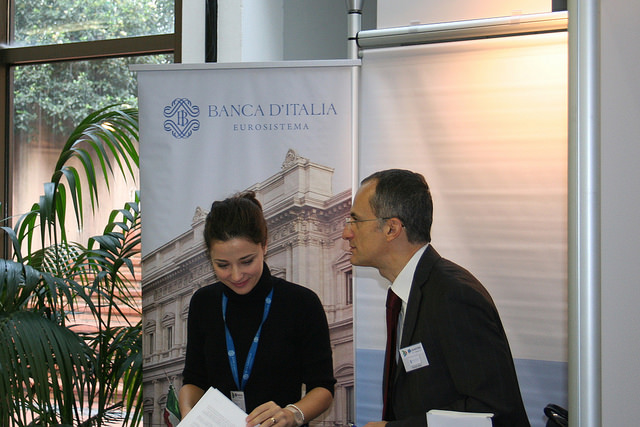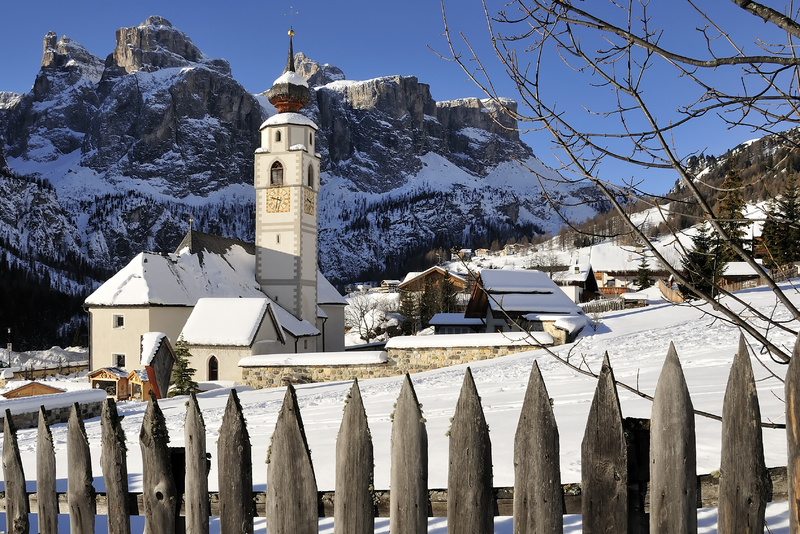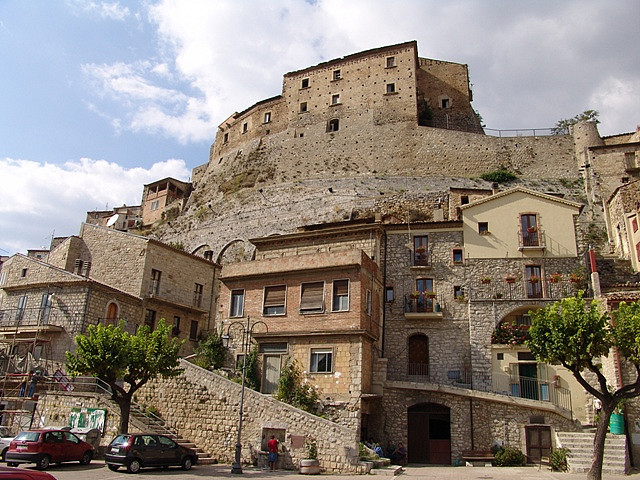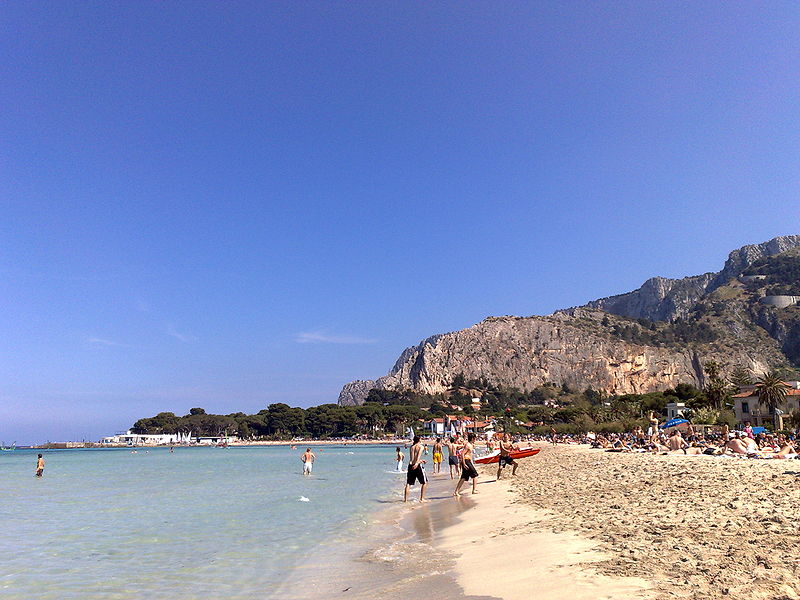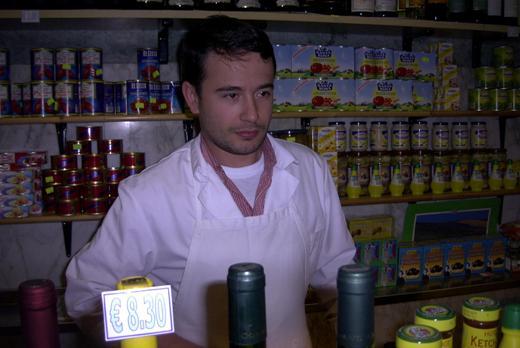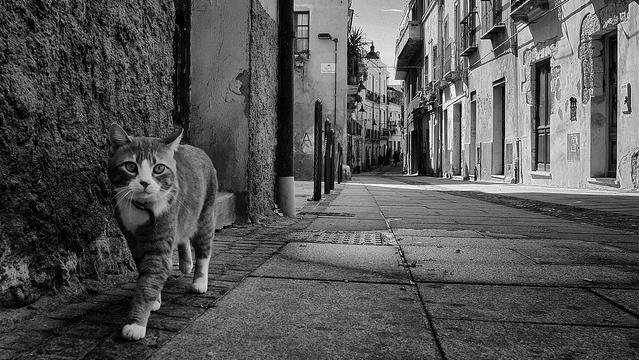Investing in real estate and restaurants in Italy
General investment situation in Italy and conditions in traditional sectors
Investment opportunities in Italy are numerous, but changing conditions in international markets, currency fluctuations, and variations in the regulatory framework influencing trade as a result of the implementation of WTO disciplines have all contributed to changing the earnings prospects for various industries.
Take, for example, the situation of the textiles and footwear industries. These two sectors are among the forefront in global manufacturing of such products. For many decades, the textiles industries and the footwear industries offered very positive returns on investments as these Italian industries expanded making use of innovative technology and design. The output of these Italian industries became known in the world as synonymous with qualify and style, and a major share of production was destined to export markets. However, in the last few years, investment opportunities in these Italian industries have been severely curtailed.
A number of factors have contributed to the lack of profitability of investments in these Italian industries. These include, first and foremost, the increased competition on world markets from low cost producers, mainly in Asia where technology and design has made enormous strides, often with the collaboration of investors from Italy or other European countries. Among the Asian competitors, China is the most outstanding, but other countries have also developed significant industries competing in international markets, particularly in the area of textiles. The low costs of production, particularly the wages paid to labor, low costs of domestically produced raw materials (China is the world’s largest producer of cotton as well as of man made fibers) and the liberalization of trade under the WTO due to the phasing out in 2005 of the remaining quotas limiting imports under the Agreement on Textiles, have all drastically changed the environment for international competition and investment.
In addition to the underlying structural factors eroding investment opportunities in traditional industries in Italy, the competitive position of the country on world markets has been adversely affected by the appreciation of the Euro, in particular vis-à-vis the US dollar. Obviously, the Italian industries have not stood still in recent years. Wherever possible, steps have been taken to orient production to products in the high end of the market. Italian investments have been in the direction of promoting output that is outstanding for its quality and design. The lower end of the market has tended to contract with cheap products (often produced by Italians abroad) being imported to satisfy the demand for the domestic market or re-export.
Thus, investment opportunities in Italy are many, but they are changing and many industries are repositioning themselves in a dynamic market. Two areas for investment in Italy have, however, undergone very little change. If anything, they have become more attractive and better organized in recent years. These are the markets for real estate and for tourism and hospitality services.
Investment in real estate in Italy
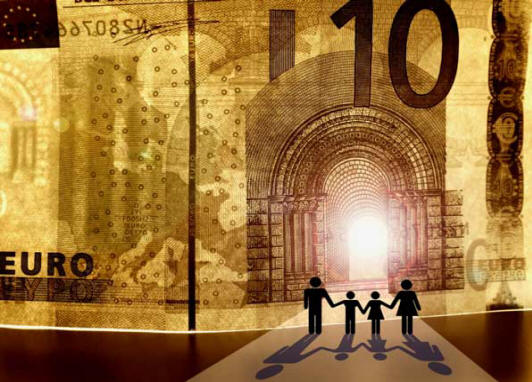
In Italy, investment in real estate continues to be one of the main features of financial activity. The stock market in Italy is relatively small and has been plagued by a series of difficulties that left shareholders suspicious and reluctant to invest. Investors in Italy have traditionally operated in the real estate market. An amazingly large share of the population owns their own homes, and many purchase second homes for vacations. In addition, many foreigners purchase real estate in Italy because of the attractive living conditions in many areas. For example, there are large colonies of foreigners living in Tuscany, Umbria, the lake areas of northern Italy, etc. While the purchase of real estate might be considered a “consumption expenditure” rather than an investment, surprisingly enough the value of real estate in Italy has given great satisfaction to investors as a result of the steady and often rapid increase in values. In recent years, the increases in values have been well ahead of rises in the cost of living. It may be expected that real estate values will continue to rise because of the strong underlying demand, both from domestic as well as external sources.
Obviously, for the purpose of investing in real estate there are various factors to be considered: in particular, location is important. For investment purposes, it is certainly more advisable to purchase a relatively expensive property in a good location, rather than a cheaper property that is located in a less attractive area. There will always be a market for showpiece properties and because of the dwindling availability of such properties, their prices will continue to advance sharply. Another factor to be taken into account for the purpose of investing in real estate is the potential that the property might have for resale or for commercial use once it has been renovated.
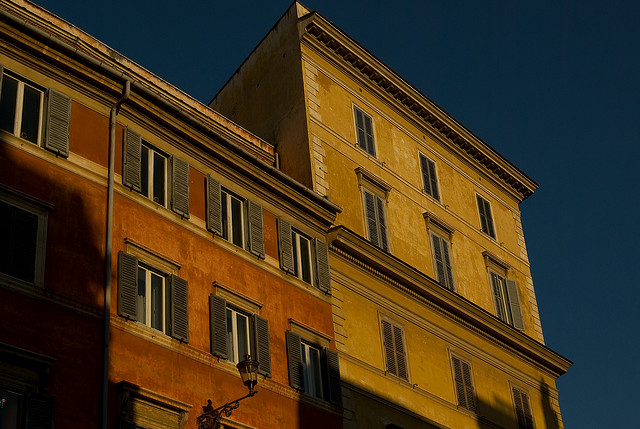
(by Jens Auer at www.flickr.com)
There are still large numbers of properties for sale in Italy that are located in beautiful rural areas or in small hill towns that have been abandoned by the local residents who have moved to larger urban areas. These abandoned properties are often sold at very modest prices, and with renovation can greatly increase their values. Throughout most of Italy, particularly in the center and north, local administrations are awakening to the benefits of improving the attractiveness of their areas to encourage tourism and the expansion of local commercial and hospitality sectors.
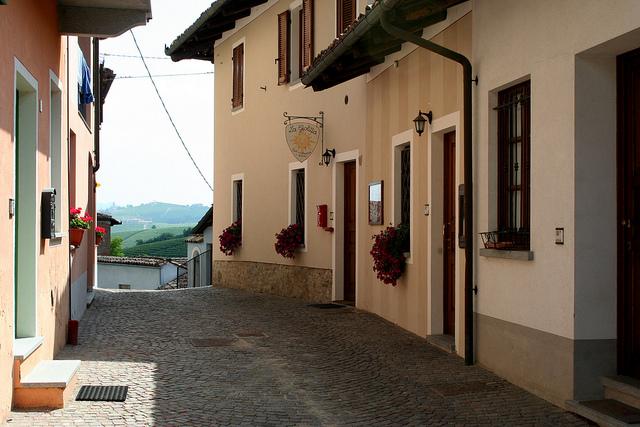
countryside, perfect to start a new life or a new business (by Megan Cole at www.flickr.com)
Investing in tourism in Italy
Other sectors offering good investment opportunities in Italy are in tourism and hospitality. In recent years, Italy has become a primary tourist destination, not only for travellers from other European countries and North America, but also increasingly from Asia, including Japan and more recently China. Increasing numbers of tourists are also traveling to Italy from Eastern Europe and Russia. While many of the tourists continue to visit the main cities and art centers like Rome, Florence and Venice, there are increasing numbers of discerning visitors that have become experts in lesser known itineraries, such as small hill towns in southern Tuscany or the Cinque Terre in Liguria.
Not only are foreign visitors expected to continue to make Italy their vacation destination, but Italians themselves take great pride and joy in visiting their beautiful country. In recent years, the appreciation of the Euro has made vacationing somewhat more expensive for foreigners, but the attractions and facilities that are offered through a wide and varied choice of offers have allowed the tourism sector to maintain its leadership position. Investing in Italian properties that can be converted into “agritourism” facilities has gained great favor, particularly if the property is also use in part as a residence for the owner. The growth of agritourism facilities in Tuscany and Umbria is quite amazing, and the beautiful renovated stone houses offer hospitality year-round to Italians and foreigners alike.
Investing in restaurants in Italy
In Italy investment in restaurant facilities remains strong. The restaurant sector in Italy is of great economic significance. The culinary traditions in the country continue to be appreciated by all, Italians and visitors. A recent survey conducted by the Osservatorio internazionale del turismo enogastronomico, an institute that studies trends in tourism and gastronomy, found that food and beverages were determining factors of importance to 70% of the Swedish tourists, to 58% of the American tourists, to 31% of the Chinese tourists and to 28% of the Russian tourists. Of course for the Italians the corresponding percentage is probably around 95-98%. In these circumstances, the restaurant business is a good investment both in the short and in the long run (though demanding in terms of personal management).
The opportunities for investing in the restaurant business are many in Italy. Since the numbers of restaurant licenses are limited, the best approach is to purchase a business that is already functioning. Obviously, if the business is well established with a good reputation its cost will be relatively greater.
Own a restaurant in Italy
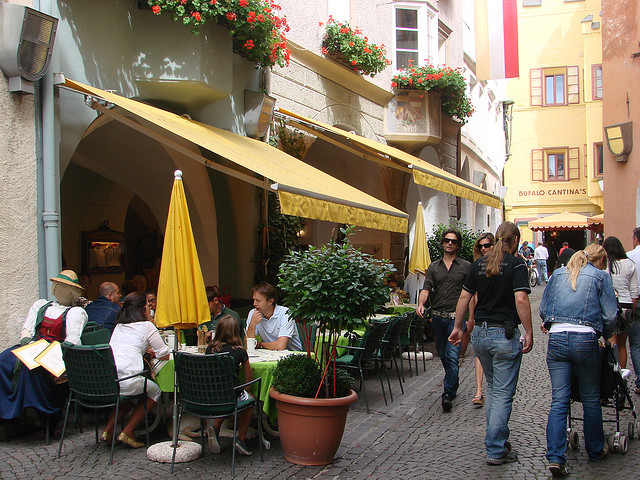
at www.flickr.com)
There are now some extraordinarily interesting investment opportunities developing in the Italian restaurant business. A number of very well established restaurants with excellent reputations are coming up for sale by their owners. These owners started their businesses some 40-50 years ago and have built them up to being hallmarks of quality. After devoting a lifetime to their restaurants, they finally decided to start enjoying a bit of the wealth they have accumulated from their work.
Their children are mostly not interested in going into the restaurant business: they have university education and are simply not interested in doing this work, particularly since they are economically independent. The investment opportunities in these Italian restaurants are without limit. Interestingly enough.


